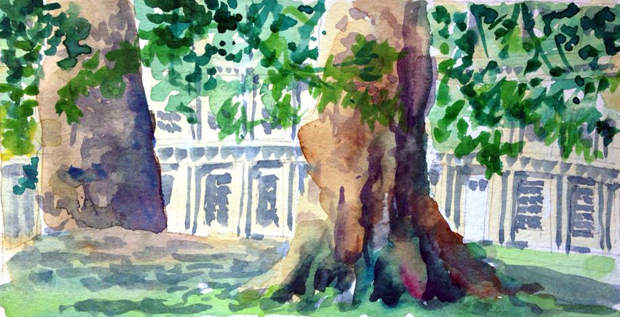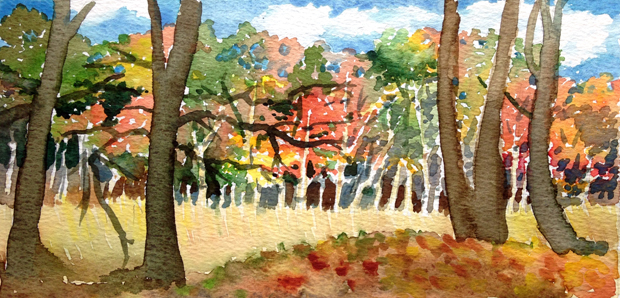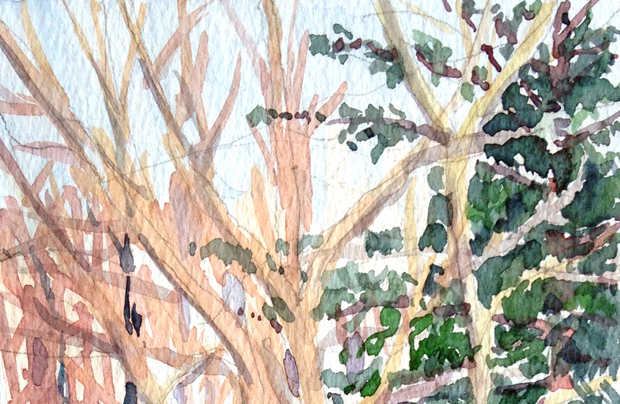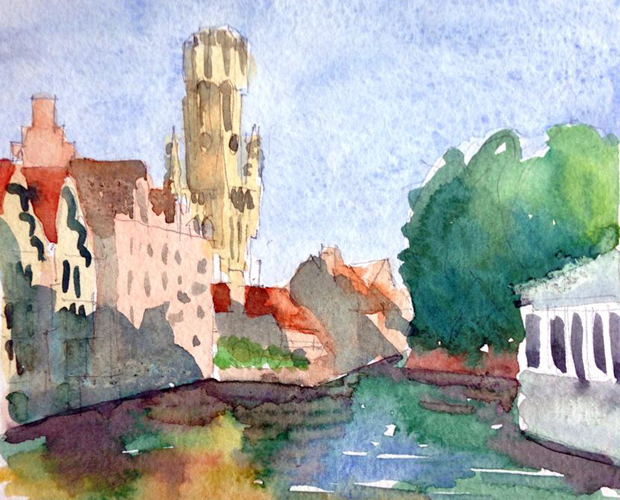Where there is hatred, let me sow love.
Given that outer is a reflection of inner, love begins within. I sow love by bringing its warmth and compassion into the cold, dark, unloved places deep inside me. I wonder it’s this region that is moved to tears when touched by a beautiful sunrise or sunset. Or the beauty of the world in general, which has much to teach me about love. Red berries touched by snow, whitecaps on water, a young boy singing the high soprano notes opening “Once in Royal David’s City.”
The film “Still Alice” is a lovely exploration of this verse. While she, and her family, hated what was happening to her well-honed intellectual mind, they made the choice to seek solace in the love that bound them together. That love, and the attendant grief of loss, illuminated unique aspects of each of them. The youngest daughter, Lydia, had the fiercest courage to face her emotions, and so she let her love turn to curiosity. She asked her mother what she was experiencing, giving her the precious gift of being witnessed. To stand in helplessness with that much power requires tremendous love and awareness. Continue reading









